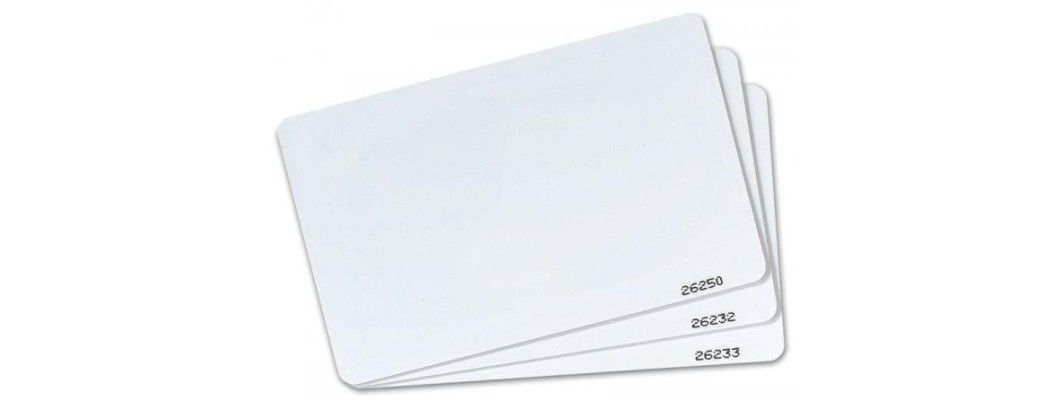
RFID stands for Radio Frequency Identification, usually designed to store and retrieve information for complex or customised manufacturing processes in order to align with industry goals. Using RFID tags or transponders, the information is highly encrypted and further stored and retrieved for authentication purposes. RFID technology is cost-effective and frequently in use in today's modern industries, especially for big manufacturing departments and has been around since the 1920s.
RFID tags are generally small in size and can be incorporated into many products for detailed information just by storing information into their databases to analyze their logistics with pure discipline. The tagging card has antennas that receive and respond to radio-frequency queries from an RFID transceiver as information to track the products, reduce waste and improve the efficiency.
Below are some of the advantages for RFID
-
Asset Management through proper Inventory Tracking with RFID Tags
-
Tracking People, Objects and Equipment in Real Time
-
Automatically adds & records Information thus saving Time & Resources
-
Reduction in Costs & Optimum Utilization of Resources
-
Electronic Upload of Data avoids duplication & Errors, improving data accuracy & availability
-
Theft Prevention
-
Reduced Labour Costs in Logistics Management
-
You can use our ID Card printers to print on the RFID CARDS
Applications: -
Access Control for People
-
Secure Access of People to Workplace
-
Access to Public Transport/Community Sites
-
Access Control for Transport: -
Secure Access to a specific Site
-
Helps in counterfeiting /Theft Control Prevention
-
Helps in Traffic Movement Control & Parking Management
Incorporating RFID Cards into the manufacturing faculty makes the process more efficient and productive and is also a shared goal for all co-workers throughout all the modern industries just to enhance the process, including the electronic gadgets. Not to mention, the advancement in the RFID technology has continued to improve over the decades, and the cost of implementing it also continued to decrease over time, making it a cost-effective and efficient alternative solution to another traditional optical scanning.